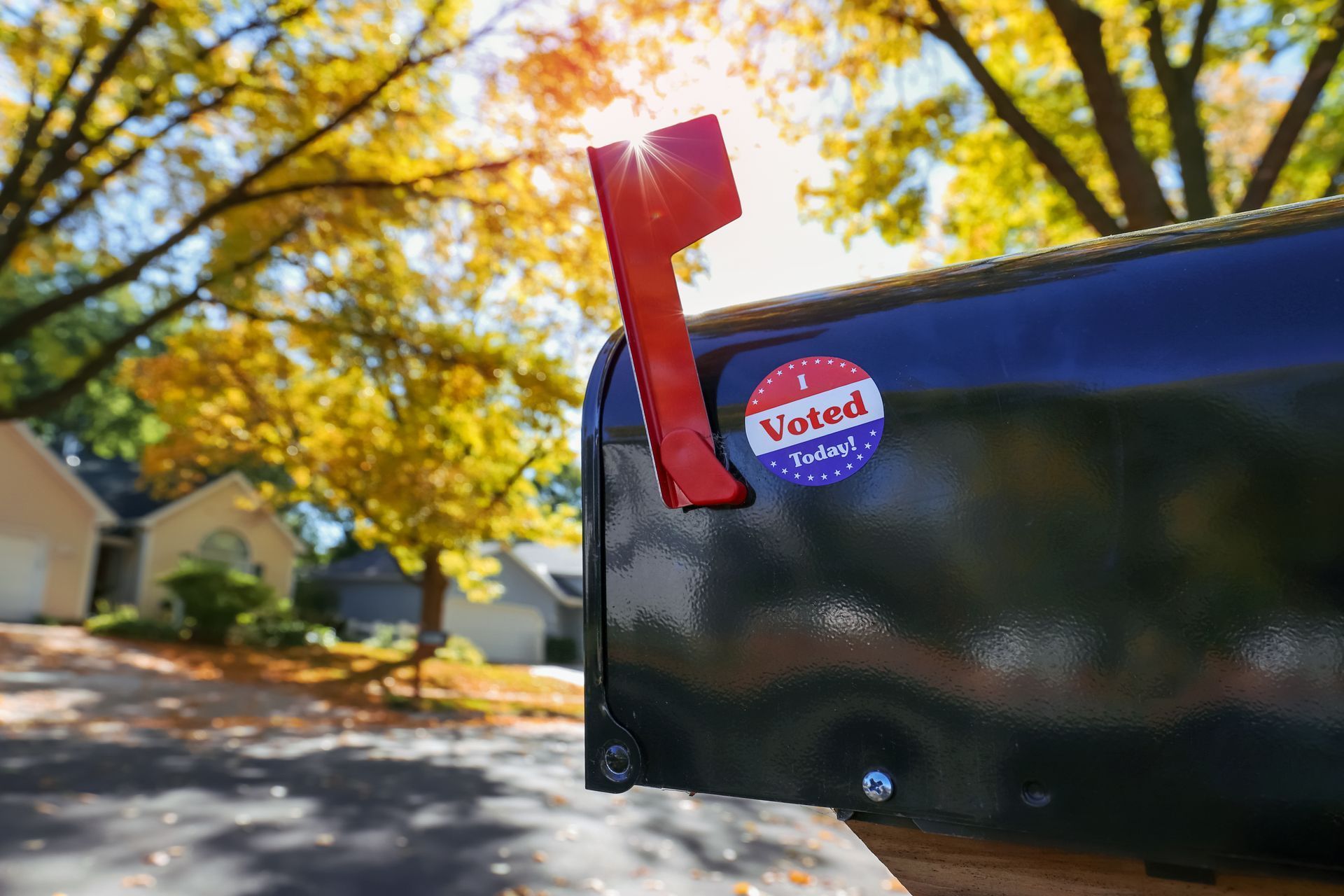A Friendly Guide on How to Identify Signers
Without a lot of fanfare, let's dive into how to identify signers for notarization.
Identifying signers isn't just a formality; it's the notary's responsibility to ensure that the person signing the document is who they claim to be. This prevents fraud and maintains the integrity of the notarization process.
Government-Issued IDs: The most common form of identification is through state or federally issued identification. This ID must have a photograph of the signer and the signature of the signer. This includes:
- Driver's license
- Passport
- State ID card
- Military ID
Ironically, even though the method of obtaining a passport card is identical to obtaining a passport book, a passport card does not have a signature, and therefore cannot be used as identification.
The notary must ensure that the name on the ID matches the name on the document. There might be some variations of the name. Think Steve vs Steven. Or First Middle Last name, vs First and Last name. Those are acceptable, if all the other steps are taken.
Steps:
- Examine the ID Carefully: Look for signs of tampering or forgery. Check the expiration date – an expired ID is not valid for notarization purposes in Michigan.
- Engage the signer in a conversation. This helps you get to know them better and also helps for you to determine if they are confident or nervous. A person presenting stolen or fraudulent ID will likely have a nervousness to their demeanor.
- Compare the Signature: This is easiest to do if you keep a journal. Whether bound by law or not, this one step can help the notary in so many ways. When the journal is filled out prior to the signing of any documents, it is easy to fill out your journal, have the signer sign the journal, and while you’re still holding the ID card, you can compare the signature. Not all signatures will be totally consistent, but you can see a pattern.
- Fingerprint or Thumbprint: In some jurisdictions, notaries are required to take the signer's print. Michigan does not mention fingerprinting for notaries. But when I investigated fingerprinting for notaries, I spoke with Barb Self, Departmental Analyst, Applicant Processing and Modification Unit, Michigan State Police. Barb explained that taking a fingerprint of a signer is a fruitless effort as without a fingerprint being on file with a government unit, there is no way to prove that print belongs to the signer without a subpoena.
- When IDs is Expired or Non-Existent: A Credible Witness can be used if a signer doesn’t have ID, or if it is expired. The Credible Witness must personally know the signer and the notary. The Credible Witness would act as the ID for the signer. The Credible Witness would be recorded in the notary’s journal, and sign it, as would the signer. The Credible Witness would be issued an oath attesting to the identity of the signer.
- Personally Known. With over 100,000 notaries in the state of Michigan, any person is bound to personally know a notary. If the notary knows the signer well, but is not closely related to the signer (laws apply) the notary can notarize without having to see ID.
A notary’s job is to prevent fraud. Without knowing how to properly identify a signer, fraud can prevail.
Always keep in mind, we notarize signatures, not documents. The contents of the document are not the responsibility of the notary. Verifying the identity of the signer is the notary's responsibility.
Leslie Hocker is a contributing editor for the Michigan Notary Association blog. Leslie is the President and co-Founder of the Michigan Notary Association, and runs her own mobile notary business, Mobile Notary of Macomb, in Chesterfield Michigan.
Share this article
MINA Blog










